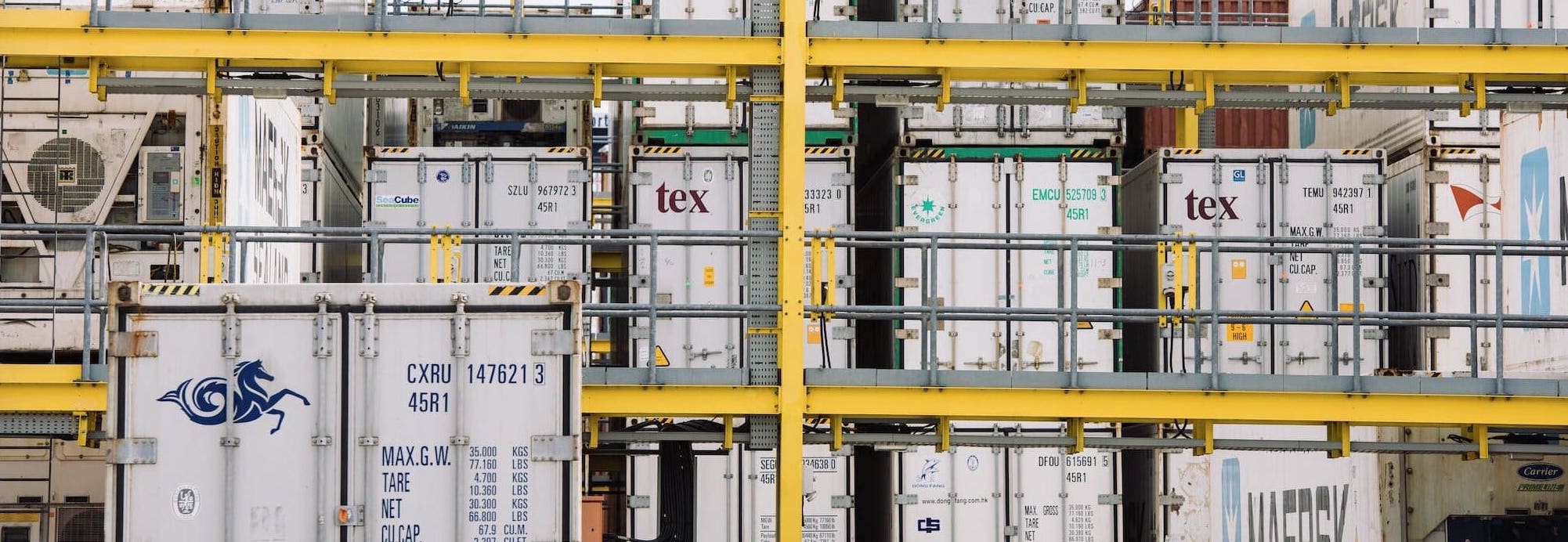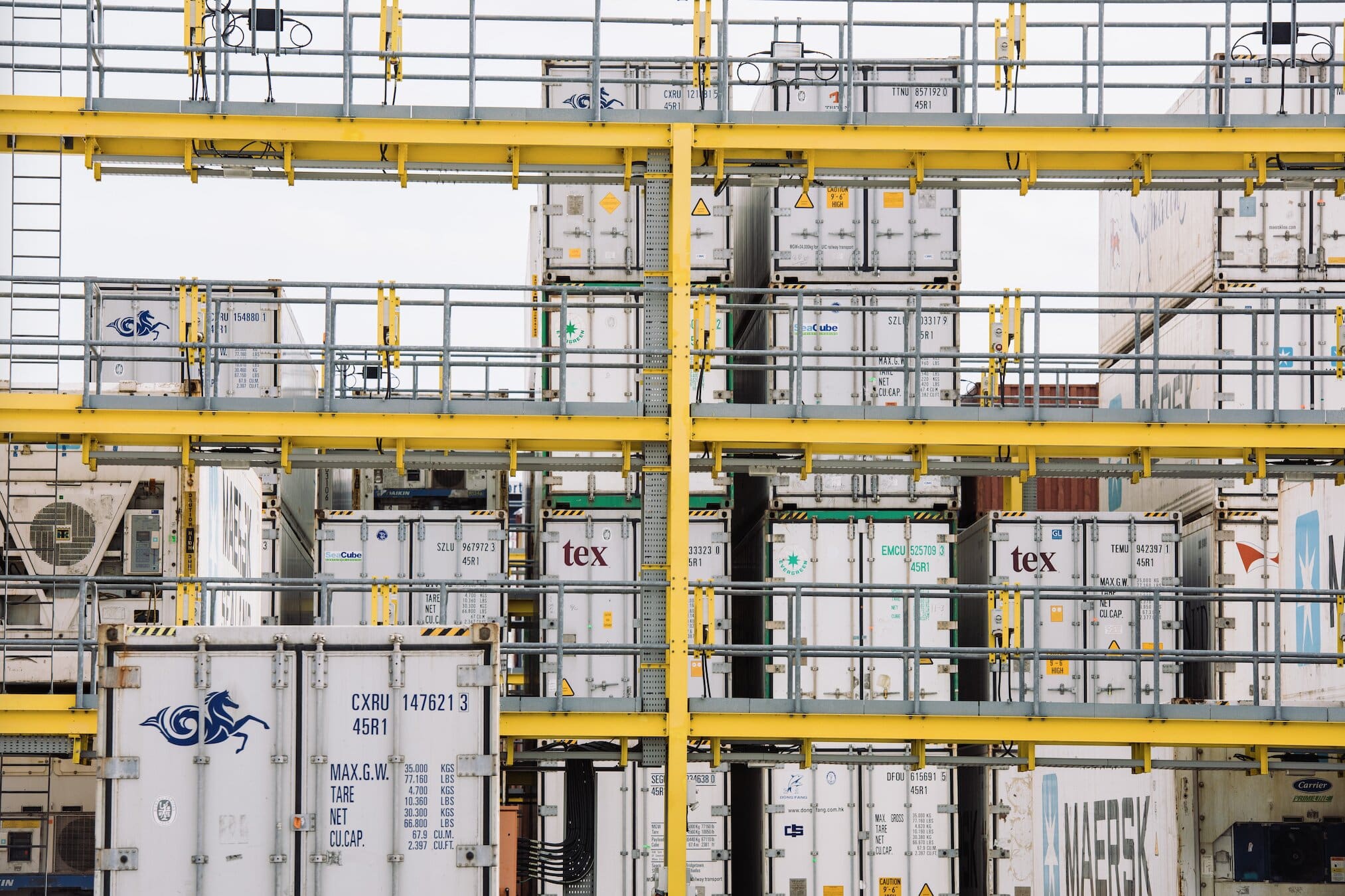390 words / 2 minute reading time
- Cancelled shipments hurt carriers as much as blank sailings sting customers.
- Like their customers, the shipping lines have had to change the way they do business in a world fighting the coronavirus.
- Here’s a brief update on how various shipping lines are coping amongst the pandemic.
A Brief Overview
COVID-19 has disrupted empty container flows. Ports, which were previously extremely busy, now find themselves running short at times. For locations that were traditionally high-demand areas, the surplus is actually quite significant.
Ocean carriers find themselves having to relearn the equipment flow to ensure they have the right equipment in the right location at the right time. This is not always easy…
For container lines, a flurry of cancelled shipments requires a new level of planning. They have to schedule departures, allocate space for new vessels, all whilst making sure the correct equipment is available.

Despite these efforts, many lines are facing significant cancellations. This is clearly in response to COVID-19, as many customers are now dealing with a larger amount of cancelled orders and logistical issues at warehouses.
All this adds another level of complexity to what were already complicated logistical operations. The fallout from this is that empty containers will potentially have to be moved overseas rather than waiting for an export booking.
So, How are the Shipping Lines Doing?
- Hapag-Lloyd find themselves regularly adjusting their schedules and rates amid the pandemic.
- Maersk have had to cancel sailings across the globe.
- The Mediterranean Shipping Company has recently added blank sailings from the Gulf.
- Evergreen Marine Corporation has no void sailings showing in its online schedules.
- CMA CGM, another major Ocean Alliance carrier, had no service updates for the second quarter on its web pages.
- COSCO cancelled four services in the April-June period from Asia to Europe, including subcontinent calls.
It’s Not All Bad Though!
There are ports and lines that have more positive news!
- The Port of Gothenburg has published increased container volumes in its 2020 first-quarter report.
- Piraeus Port’s volumes have been boosted by transhipment cargo. The COSCO-owned port was the busiest Mediterranean container port and the fourth busiest in Europe behind Rotterdam, Antwerp and Hamburg, marking an annual record in 2019 with 5.65 million TEU.
- KMTC Line maintains its leading role among the South Korean feeder operators.
- Zhonggu Shipping has boosted Tianjin and Xiamen Port volumes.

